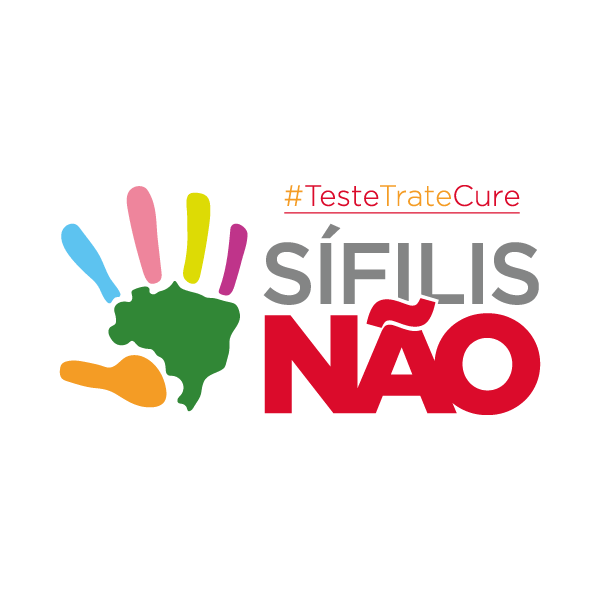Another important research work of the “Syphilis No” Project will have its results presented to society tomorrow, July 12, through the defense of the thesis entitled “Text Mining applied to the analysis of intervention of Public Health Policies: the case of the syphilis epidemic in Brazil”. The work is authored by Marcella Andrade da Rocha Orientador, researcher at the Technological Innovation in Health Laboratory (LAIS/UFRN) under the supervision of Prof. Ricardo Valentim and is linked to the Graduate Program in Electrical and Computer Engineering at UFRN, with a concentration area in Computer Engineering.
The objective of the work is the development of computational methods using text mining that help to understand the impact of syphilis in the territory using the textual productions of the “LUES platform” of the supporters of the project Syphilis No! According to Marcella Andrade, text mining, when used in conjunction with the traditional content analysis method, is able to meet public health research objects. “The computational method extracted intervention actions from the supporters, as well as subsidized inferences about how the strategies of the ‘Syphilis No’ Project impacted on the reduction of congenital syphilis cases in the territory,” argued the LAIS researcher.
About the Project
Launched in 2017, the Applied Research Project for Smart Integration Oriented to Strengthening Care Networks for Rapid Response to Syphilis – also known as the “Syphilis No” Project – is the result of a partnership between the Laboratory for Technological Innovation in Health (LAIS/UFRN) and the Pan American Health Organization (PAHO), among other organizations. The project’s main goal is to contribute together with other actions (federal, state and municipal) in the fight against syphilis infection in the Brazilian territory.





